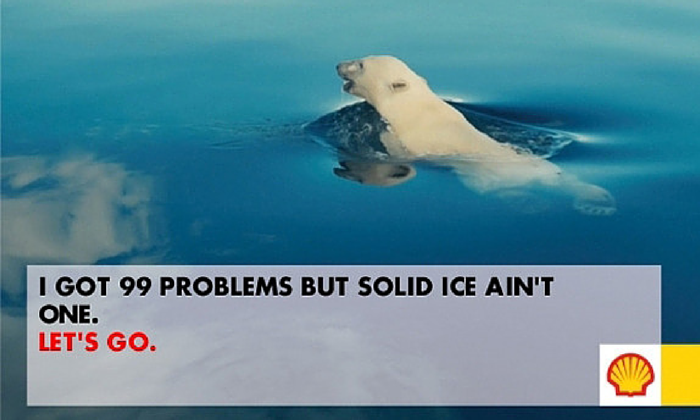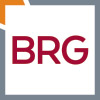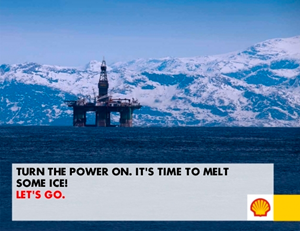
18 Jul The Importance of Brand Monitoring
We always tell clients: If you only execute on one social media tactic, make sure you monitor brand mentions online
It doesn’t matter how big or small your company is. It doesn’t matter if you are in a highly regulated industry. If people are upset or misinformed about your brand in any way, they are talking about it online. By knowing about these conversations, public relations pros can, at minimum, make more educated decisions about messaging based on public opinion.
Example of the week: Shell hoax*
Around June 6, the website Arctic Ready was launched by Greenpeace and the Yes Men. The site looks exactly like Shell’s corporate website, and contains a “social media ad contest,” among other things.
The contest calls on people to add their own words to predetermined images, and to share them with their friends. The photo on this blog is one example of a user-generated ad.
This campaign quickly trended on Reddit, YouTube and Twitter, In fact, when we saw it, people were tweeting that it was a poorly executed social media campaign created by Shell. This was, of course, not true.
Imagine if something like this happened to your brand, even on a lesser scale, and you weren’t monitoring. In this case, Shell was paying attention.
Monitor brand chatter every single day
A few weeks ago we talked about how to manually locate your target audience online. You can use many of these tips to listen to what people are saying about your brand, too. Here are some additional tips:
- Set up Google alerts to mention brand chatter and ask them to report to you in-real time.
- Use tools like Social Mention to monitor brand chatter that Google might not pick up.
- Set up a column in TweetDeck or Hootsuite to monitor mentions of your brand that include your Twitter handle and do not include your Twitter handle.
Use your findings to make communications decisions
Create a corporate social media strategy to decide what types of comments the brand should respond to, and how. Make sure that strategy includes the types of posts the brand should ignore too.
If your brand is in a highly regulated industry, and you cannot or should not respond:
- Consider public opinion when developing a new product or service offering. Outsiders can be very objective, and sometimes spark an idea.
- Incorporate answers to common questions into your corporate materials. Examples include your FAQ, press releases, blog posts and/or educational social media updates.
What tips do you have for monitoring brand chatter online? Tweet us @brgliving and let us know.
* Note- BRG is not making a statement about any parties mentioned in this blog post. We are merely noting a current campaign to illustrate the importance of monitoring your brand. Often public perception is that a brand is responsible for a message, and this can be inaccurate.







